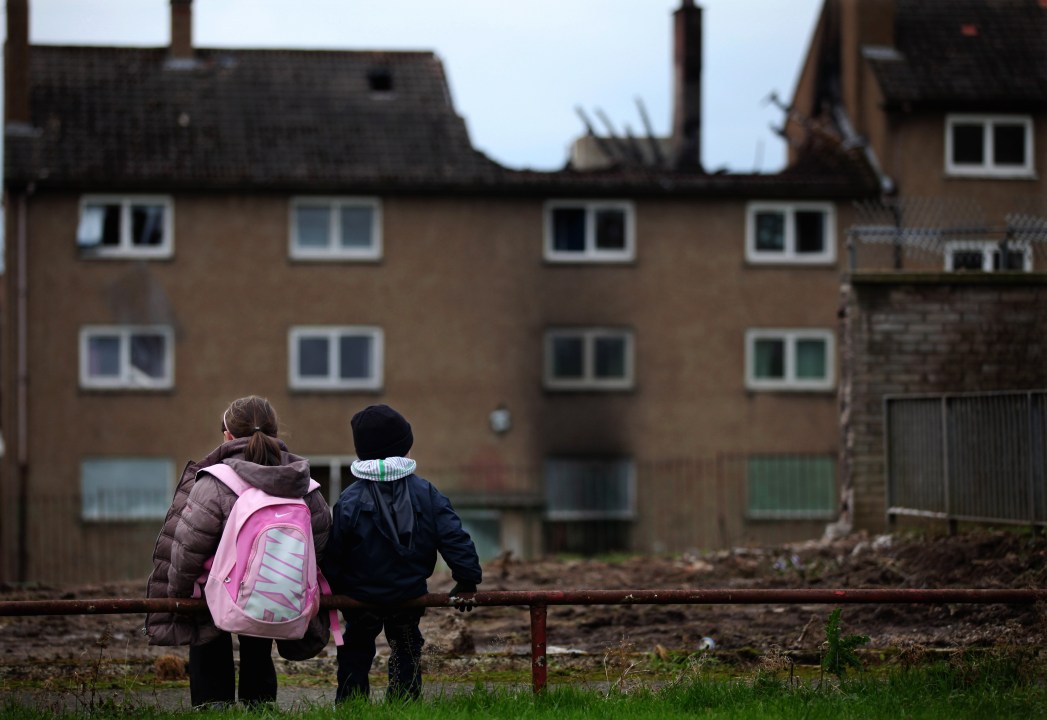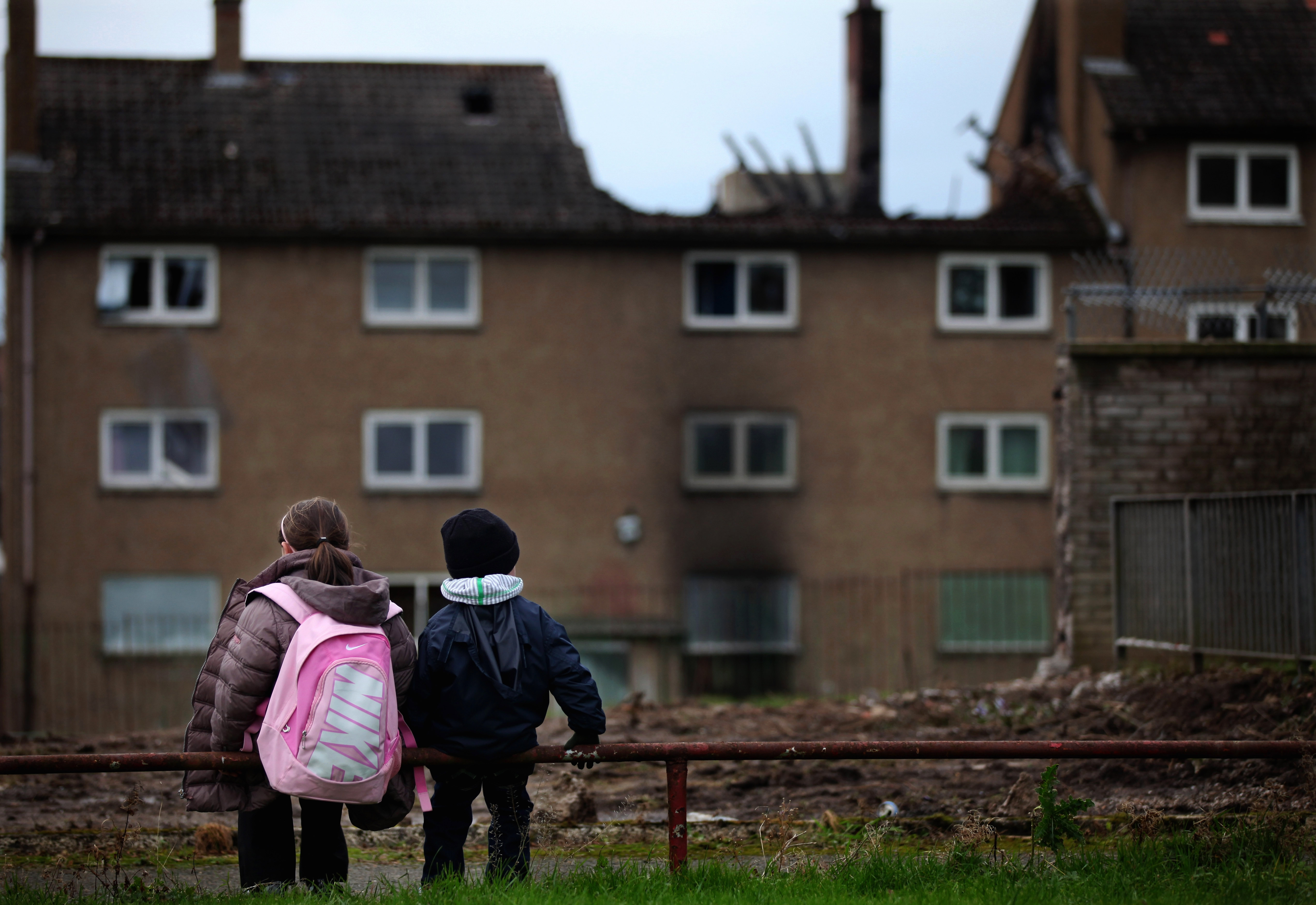Yesterday Fraser asked:
Scotland has a tragically long list of problems (especially with inner-city poverty) and [the No campaign] can ask: which of these problem would independence solve?
This is a fair question, albeit one that offers the retort: and which of them are being solved by the Union the noo? Of course, this question was asked before devolution too. In broad terms, Alex Salmond has the same range of powers as those enjoyed by Secretaries of State for Scotland in the pre-devolution age.
Not all of those have been used. Devolution was essentially the democratisation of existing administrative devolution that, quite properly, already took account of Scotland’s distinct place within the United Kingdom. It was a shift that allowed for the possibility of great change but did not necessarily ensure there would be change.
Take education for instance. For much of the last decade Scotland’s educational establishment has argued about a new curriculum, now being introduced in secondary schools. The “Curriculum for Excellence” (I’m glad we agreed on that aim) doubtless has something to be said for it. Whether it can or will repair a great national scandal must, however, be a matter of some doubt. It may not be irrelevant but it does not seem likely to be enough.
And Scotland’s educational system is, these days, a scandal that ought to be considered a national disgrace. The facts tell us this but we – that is, public, civic, Scotland – prefer to ignore them. Devolution has failed Scotland’s children. Would independence change that?
A case in point: earlier this month the Guardian’s excellent Scotland correspondent Severin Carrell reported on the number of pupils from Scotland’s poorest districts who achieve 3 A-grades at Higher. The figures are quite appalling and would, I had thought, been the occasion for a renewed discussion about whether Scottish schools are actually quite as good as we like to think they are. How naive that expectation was!
Consider this: almost no pupils from the poorest 20% of neighbourhoods actually achieve the minimum grades needed to gain entry to the most competitive courses at the most prestigious universities. Almost none? Yes, almost none. In 2011 just 220 pupils from the so-called SIMD20 areas passed at least 3 Highers at A-grade. That’s just 2.5% of the fifth-year students who come from these areas.
It’s true that slicing the country into these quintiles is a mildly-crude exercise. Some “pockets of deprivation” lie within wealthier postcodes for instance. Nevertheless and even making some allowance for the inadequacy of the data the broad picture is pretty unambiguous: the poor are screwed to a degree and by a system that has not just failed them but failed them utterly.
In Edinburgh just 1.4% of state-educated pupils from the poorest fifth of postcodes achieved three As at Higher. In Glasgow the numbers are scarcely much better: just 2.4% – that is 58 pupils in Scotland’s largest city – reached this level in 2011. Universities can do their best to make allowances for pupils from what we coyly call “disadvantaged areas” but there is clearly a limit to what they can do or how effectively they can divine potential all but lost amidst this wreckage.
Again, this is waste on a horrifying scale. We know what works in education and we know how poverty and family breakdown can have dreadful effects on educational achievement. But I think we can also say – with some confidence – that the system isn’t helping these children either. Not when a 500% improvement in attainment would still only have one in ten kids from the poorest postcodes achieving the grades that could send them to a competitive course at a leading university. (By contrast: one in five state-school-educated kids from wealthier postcodes achieve these marks.)
And yet do we talk about this? Not very much we don’t. This is not a partisan point. In the past 20 years Tories, Labour, Liberal Democrats and Scottish Nationalists have all been in power in Scotland and none of them have left a legacy that even offers the hope of transforming opportunity for Scotland’s poorest children.
At what point does the denial end? When do we start to suspect that the system itself is at least partly responsible for all this wasted potential? Whether you measure attainment by A-grades or just by achieving five Higher passes at A-C the story remains the same: appalling failure.
I’m not so naive as to think that reforming school governance and independence are the only things that can help change this shameful record but I’m pretty sure that doing so offers some hope for better leadership in the schools that need it most. And I’m near-certain that the Scottish educational establishment’s hostility to reform is a breach of trust that should shame it. In a less-smug Scotland we’d wonder what we’re doing wrong, not simply congratulate ourselves for maintaining the “Scottish difference” in education.
Smugness? Why yes. Consider this revealing passage from a recent article in the Scotsman. Contemplating Michael Gove’s call for more rigorous exams in England, Robert Karling, rector of Kelvinside Academy (one of Glasgow’s less impressive private schools) wrote:
Scots, in the middle of the greatest change to their education system in generations, can ponder with quiet satisfaction on how they do things better.
Oh really? Do we? The evidence for this is thinner than we might like to think. It probably once was the case that a greater percentage of Scots had access to a decent education than their English cousins; I don’t think you can credibly make that argument any longer.
Devolution has not challenged the Scottish establishment or the Scottish consensus. That’s been one of its greatest failures. Would independence do any better? I hope so and am open to being persuaded it would. But that case has not yet been made – at least not in terms of education – far less been proved.








Comments